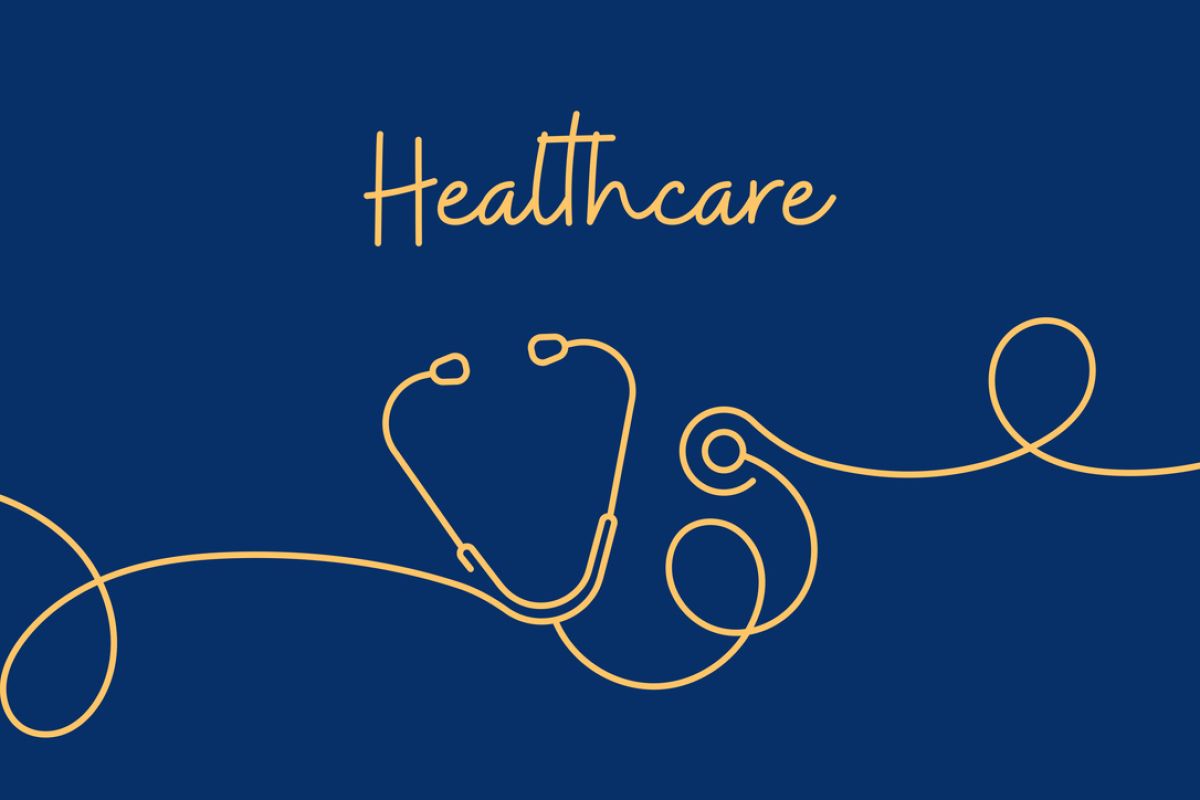Exploring Career Paths in Occupational Health — from Nursing to Consultancy

If you’ve ever wondered what a career in Occupational Health (OH) might look like beyond the clinical roles you trained for, you’re not alone. In our conversations with OH professionals across sectors, one thing’s clear: the field offers genuine choice, variety and room to grow far beyond what most people expect.
We thought it might be helpful to explore the most common pathways we’ve seen, how they relate to each other and what that could mean for your own career.
Occupational Health Nurse (OHN): Where clinical meets wellbeing
Many people arrive in OH as nurses. It’s a logical step. Your clinical skills matter every day from health surveillance to managing fitness assessments. But the scope is broader. You work with managers and employees to design safer workplaces, manage risk and promote wellbeing initiatives.
We’ve seen nurses step into OH roles and quickly realise they’ve gained a deeper strategic perspective. They’re not just providing care. They’re helping shape how organisations keep people healthy at work.
Occupational Health Physician (OHP): Clinical leadership with a bigger stage
For doctors, OH offers a different route than clinical practice. You still diagnose and manage occupational illness but you also advise on policy, lead case reviews and influence organisational health strategy.
One physician we spoke to completed medical training without OH featuring on the radar. Five years later, they were leading strategic panels, measuring absence data and mentoring new OH professionals. That’s OH thinking in terms of impact, not just treatment.
Occupational Hygienist: Prevention at a specialised level
If you come from a science or engineering background, data and environment might be your driver. Occupational Hygienists work on exposure assessments, hazard control and environmental monitoring, staying one step ahead to protect health.
We’ve seen OH services benefit greatly by adding this data-driven expertise, with insights that shape everything from refurbishment plans to PPE strategy.
Health and Safety Officer: Bridging compliance and care
Some professionals transition from health and safety into OH. It’s a shift from process-focused work into roles that retain regulation awareness but add a clinical or human layer.
That blend often gives these professionals an advantage. They understand “whispers” behind the data or the human consequences behind policy gaps.
Occupational Health Consultancy: Advising from experience
This is where many OH professionals aim once they’ve built experience in clinical or leadership roles. Consultants work with multiple clients, offering insights on absence trends, wellbeing strategy and occupational risk.
We’ve seen successful transitions here powered by curiosity, strong networks and a track record of delivering value, not just reports.
Why these pathways work and why you might value one over another
If you enjoy detailed assessments, nursing or physician roles may suit you. If you’re curious about environmental risk or ergonomics, hygiene could be your niche. If strategy, best practice and influencing culture are your draw, advisory and consultancy routes offer that stretch.
The beauty of OH is how interconnected it is. A physician might develop networks with health and safety teams. A nurse might step into data-driven programmes. A hygienist could move into policy work.
How to explore your next step
Thoughtful networks and curiosity get people into OH, mirrored across these roles. If any of this resonates:
- Ask to shadow a colleague in a different role.
- Inquire about cross-domain projects like worksite assessments or wellbeing initiatives.
- Join a professional OH body to explore where your skills could fit.
- Look for strategic training, like an MSc in Workplace Health or a Diploma in OH, that broadens perspective.
Occupational Health is not one path. It’s a mosaic.
Whatever you trained in, there’s likely an OH path that can reflect your strengths and values. Clinical skills, data, strategy or environment, they all lead to the same goal: keeping people healthy at work.
If this makes you pause and think, you may be closer to your next role than you know. And if you’d like to discuss where your skills could fit, we’re always happy to explore that with you.
Where to Next?
More Articles
Right people, right roles, always
Whether you’re hiring or job hunting, we make your search straightforward, effective and discreet.



